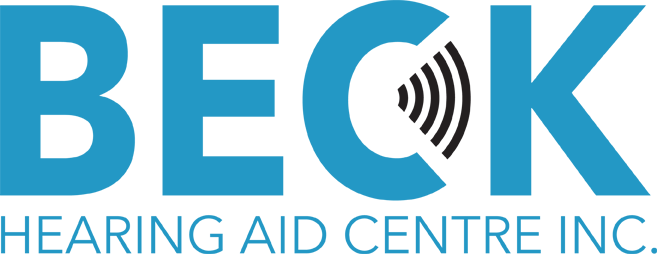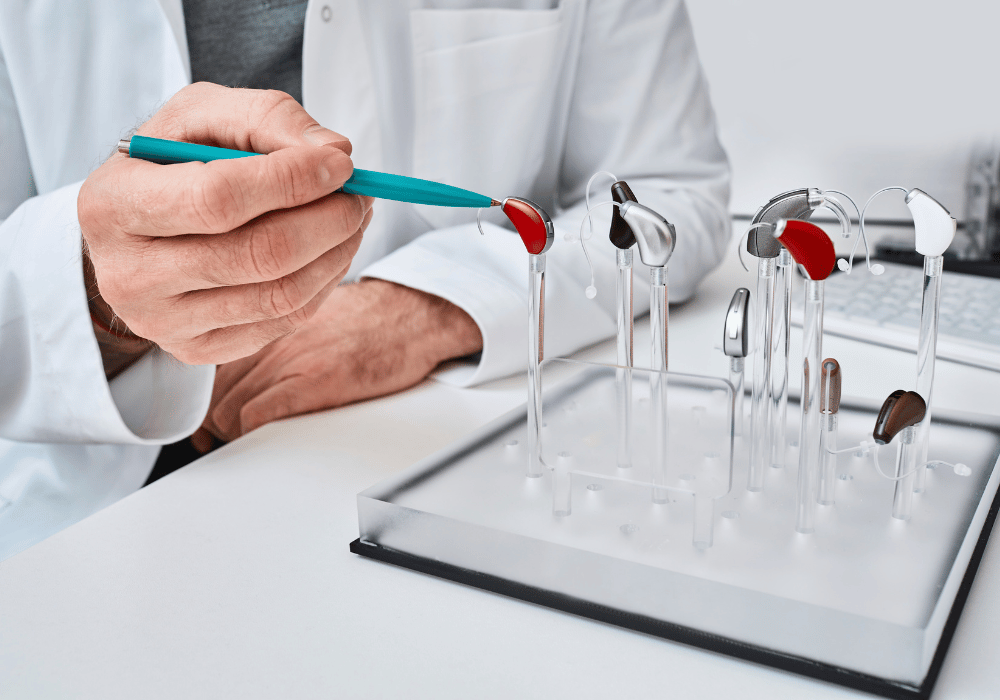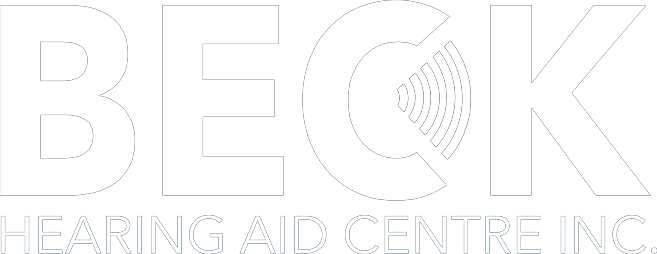If you’re planning on purchasing hearing aids, what questions should you ask before handing over money? Let’s take a look.
Which style of hearing aid is best for my lifestyle?
In the past, people with hearing loss didn’t have a tremendous amount of choice over hearing aid styles. But today, thanks to the miniaturization of electronic devices and sensors, there are a variety of form factors on the market.
Behind-the-ear hearing aids are those with a section that sits on the back of the ear connected to a piece which slots into the ear canal. These devices are great for people who want lots of functionality and plenty of battery life but may not be suitable for those engaged in physical activity because of the external sections.
In-the-ear and completely-in-the-ear devices are those that don’t have any parts that fit over the back of the ear, and in the case of the latter, no visible parts at all. These types of hearing aids, therefore, are ideal for people who do contact sports or are exposed to lots of moisture.
How many channels do I need?
Hearing aid channels allow you to adjust the amplification for different sound frequencies. The number of channels you require depends on the complexity of your hearing loss. If your hearing instrument specialist tells you that your hearing loss is consistent across the entire gamut of frequencies, then the number of channels your device has is less important; all you need is a hearing aid that increases the volume of all incoming sounds.
By contrast, if your hearing loss is “lumpy” and you can hear sounds in specific ranges better than others, then you may require more channels to create tailored amplification profile. Most basic hearing aids come with two channels, while premium devices offer many more.
Do I want a rechargeable hearing aid?
Hearing aids use two main types of batteries: alkaline and rechargeable. Alkaline batteries tend to provide more charge than rechargeable batteries but need replacing after each use.
Whether you choose rechargeable hearing aids depends on your priorities. If you want convenience, then you may decide to get the rechargeable variety. However, if you need your devices to perform for an extended period of time, you may find regular, disposable batteries to be a better solution.
Do I need to use my hearing aid with other devices?
Modern hearing aids come with a range of connectivity options. Basic devices have what’s called a “telecoil” – a special component that relays sounds from the telephone directly to the speaker on the hearing aid, bypassing the microphone. Telecoils allow you to listen to sounds from the phone without having to put it up to your ear, providing you with a high-fidelity experience.
Many of today’s modern hearing aid devices also come with WiFi and Bluetooth connectivity, allowing you to hook them up to a range of devices and use them as wireless headphones. These connectivity functions give you the experience of listening through earbuds, but with the hearing aid adjusting the sound output to your particular hearing needs.
Do I need a directional microphone?
Hearing aid manufacturers include directional microphones for people who struggle to detect the original of incoming sounds. Directional microphones also help you to focus on a person opposite you, blocking out extraneous noises.
Do I need a hearing aid which automatically adjusts to my surroundings?
Basic hearing aids provide the same level of amplification, no matter where you are. But some premium devices automatically adjust, depending on the noise environment, providing you with a tailored experience. These types of devices are great for people who regularly change settings, such as going from a noisy office to a quiet workspace.
How will I look after my hearing aids?
Hearing aids are a substantial investment. Because of this, you need to look after them properly.
First, it’s essential to keep your hearing aid clean. Over time, wax can build up on the speaker and exterior parts of the mold and, if left unchecked, can block ports on the device.
Second, you’ll need to ensure that you keep your hearing aid away from moisture. Most assistive hearing devices are not waterproof.
Finally, you’ll need to store your hearing aids in a safe place. High humidity and heat can damage the sensitive internal components and lead to a loss of sound quality.
If you want to learn more about purchasing hearing aids, then get in touch with Beck Hearing Aid Centre at (888) 618-3778 to speak to one of our friendly colleagues.


